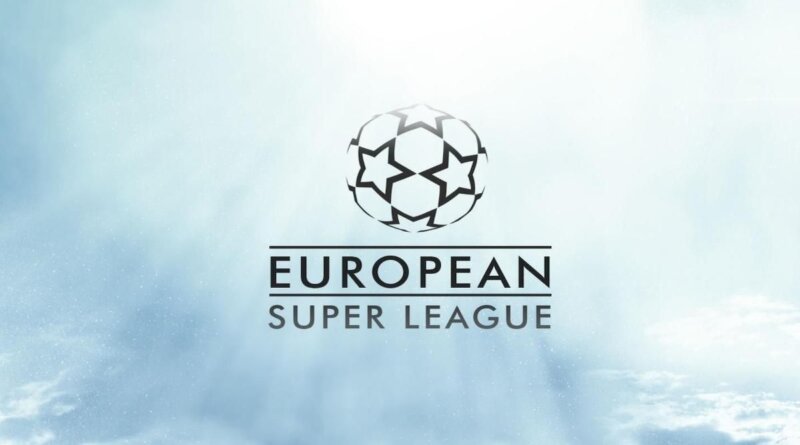Super League Proposal Aims to Transform Champions League
Super League project discussions have taken a decisive turn, with a final proposal submitted to UEFA that could dramatically reshape the future of European club football. The new blueprint, developed over the past eight months in secret negotiations, suggests a bold evolution of the existing Champions League format and introduces a free-to-air broadcasting package that promises to make elite football more accessible to fans.
Super League Project Unveils Vision for European Football
The Super League project, led by A22 Sports Management in partnership with football giants Barcelona and Real Madrid, has been a topic of intense debate since its controversial inception. Now, according to reports from Mundo Deportivo, the project’s backers have presented UEFA with a comprehensive and final proposal, signaling a potential end to the long-standing rift within European football.
Champions League Evolution Central to Super League Plan
A key highlight of the Super League proposal is the dramatic evolution of the current Champions League. Insiders suggest that the new format would offer a more dynamic competition structure, potentially featuring an expanded roster of clubs and a revised qualification system. This reimagined tournament aims to deliver greater excitement and competitiveness, targeting both traditional powerhouses and emerging clubs across Europe.
Free-to-Air Broadcasting: Football for All
One of the most fan-centric aspects of the Super League proposal lies in its broadcasting vision. The plan includes a free-to-air TV package, which would allow millions of supporters to watch top-tier European matches without subscription barriers. Proponents argue this approach will democratize access to the game, increase the sport’s global reach, and foster a new generation of football enthusiasts.
Negotiations and the Path Forward
Behind closed doors, UEFA, A22 Sports Management, Barcelona, and Real Madrid have reportedly worked tirelessly to iron out the proposal’s details. The involvement of these influential clubs underscores the seriousness and momentum behind the project, as all parties seek to resolve what has often been described as European football’s “civil war.” The final proposal represents both an olive branch and a vision for a more unified future for the continent’s premier clubs.
Super League Project Faces Challenges and Opportunities
Despite its ambitious scope, the Super League project faces considerable challenges. UEFA’s acceptance of the new format is not guaranteed, with concerns over revenue distribution, competition integrity, and the potential impact on domestic leagues still looming large. Critics worry that the changes could dilute traditional rivalries and undermine the pyramid structure that sustains grassroots football across Europe.
Reactions from Stakeholders
Reactions within the football community have been mixed. While some see the proposal as an exciting opportunity to modernize and broaden the appeal of European club football, others remain skeptical about its implications. Supporters of the Champions League’s heritage argue that any changes must preserve the unique traditions and competitive balance that make the tournament special.
What This Means for Fans and the Game
For millions of fans, the promise of free-to-air broadcasting could mark a turning point in football’s accessibility. If implemented, the proposal would enable supporters worldwide to enjoy elite matches without financial barriers, potentially revitalizing interest in European competitions. However, the broader implications for club finances, player welfare, and the football calendar are yet to be fully addressed.
Opinion: A Crossroads for European Football
In my view, the Super League project’s final proposal presents both significant opportunities and risks for the future of European football. While the evolution of the Champions League and free-to-air broadcasting are steps in the right direction, the success of this initiative will depend on a careful balance between innovation and tradition. UEFA and all stakeholders must prioritize the sport’s integrity and inclusivity to ensure that any changes truly benefit the game and its global fanbase.
For more updates and insights on this evolving story, visit our homepage for more news.
Your global gateway to nonstop football coverage:
News Goal
Share this content:

